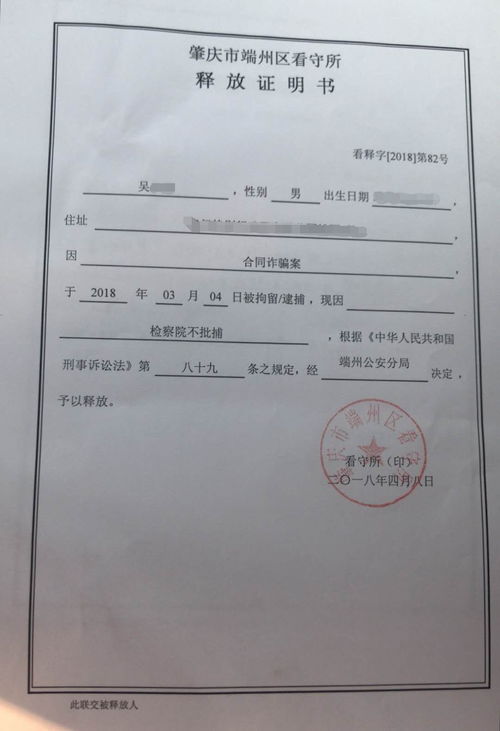仲裁对应的有管辖权的法院
Title: Understanding the Jurisdiction of Arbitration in Legal Context
Arbitration is a method of dispute resolution that involves the parties submitting their disputes to a neutral third party, known as an arbitrator or arbitral tribunal, who then renders a decision that is typically binding on the parties. The jurisdiction of arbitration refers to the legal authority or power of an arbitral tribunal to hear and decide a particular dispute. The scope of this jurisdiction is governed by various laws and principles, depending on the jurisdiction in which the arbitration is taking place.
International arbitration involves disputes between parties from different countries or where the subject matter of the dispute has an international aspect. The jurisdiction of international arbitration is often governed by international conventions and treaties, as well as national arbitration laws.
One of the most widely recognized conventions governing international arbitration is the United Nations Convention on the Recognition and Enforcement of Foreign Arbitral Awards, commonly known as the New York Convention. The New York Convention provides a framework for the recognition and enforcement of arbitral awards across different countries, enhancing the enforceability of arbitration agreements and awards internationally.
In addition to the New York Convention, parties engaged in international arbitration may also be subject to other international instruments, such as regional arbitration conventions or bilateral investment treaties (BITs) that contain provisions relating to the resolution of disputes through arbitration.
Domestic arbitration, on the other hand, involves disputes between parties within the same country or jurisdiction. The jurisdiction of domestic arbitration is primarily governed by national arbitration laws and procedural rules.
In many jurisdictions, the laws governing domestic arbitration are based on internationally recognized principles such as the principles of procedural fairness, party autonomy, and the competencecompetence doctrine, which allows arbitrators to rule on their own jurisdiction.
For example, in the United States, domestic arbitration is governed by the Federal Arbitration Act (FAA) for arbitrations involving interstate commerce, while individual states may have their own arbitration statutes for intrastate disputes. Similarly, countries like England and Singapore have comprehensive arbitration laws that provide a legal framework for domestic arbitration proceedings.
Another important aspect of arbitration jurisdiction is institutional arbitration, where arbitration proceedings are administered by specialized arbitral institutions, such as the International Chamber of Commerce (ICC), the London Court of International Arbitration (LCIA), or the Singapore International Arbitration Centre (SIAC).
These institutions typically have their own arbitration rules and procedures, which parties may agree to adopt in their arbitration agreement. The jurisdiction of institutional arbitration is determined by the rules of the administering institution, as well as any applicable arbitration laws or conventions.
In summary, the jurisdiction of arbitration is determined by a combination of international conventions, national laws, and institutional rules, depending on whether the arbitration is international or domestic, ad hoc or institutional. Parties entering into arbitration agreements should carefully consider the choice of law and arbitration rules governing their dispute resolution mechanism to ensure clarity and enforceability.











